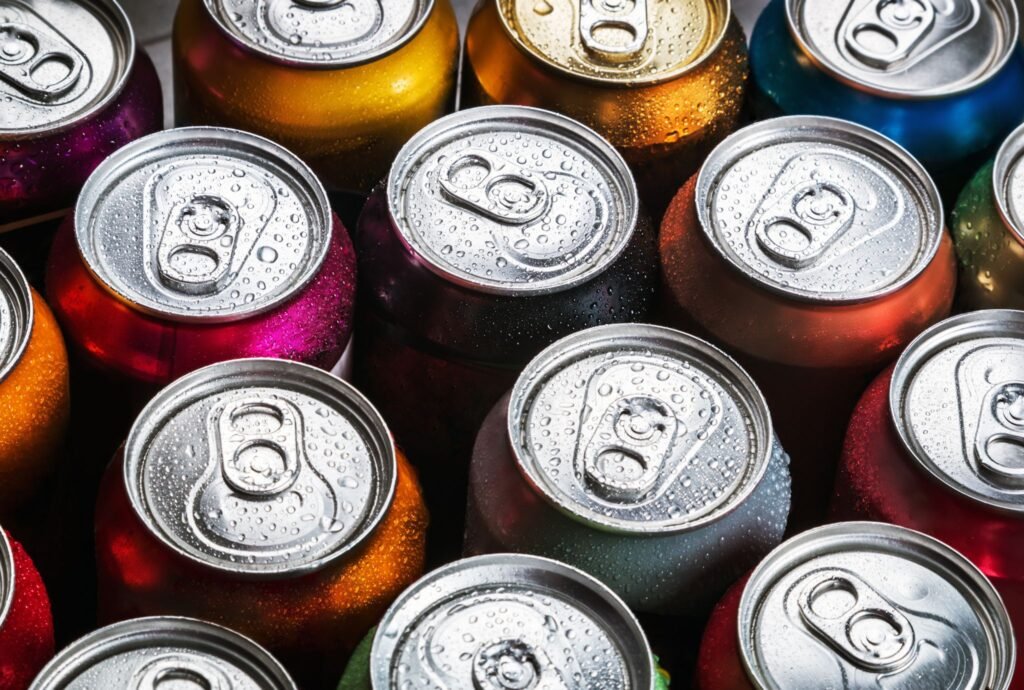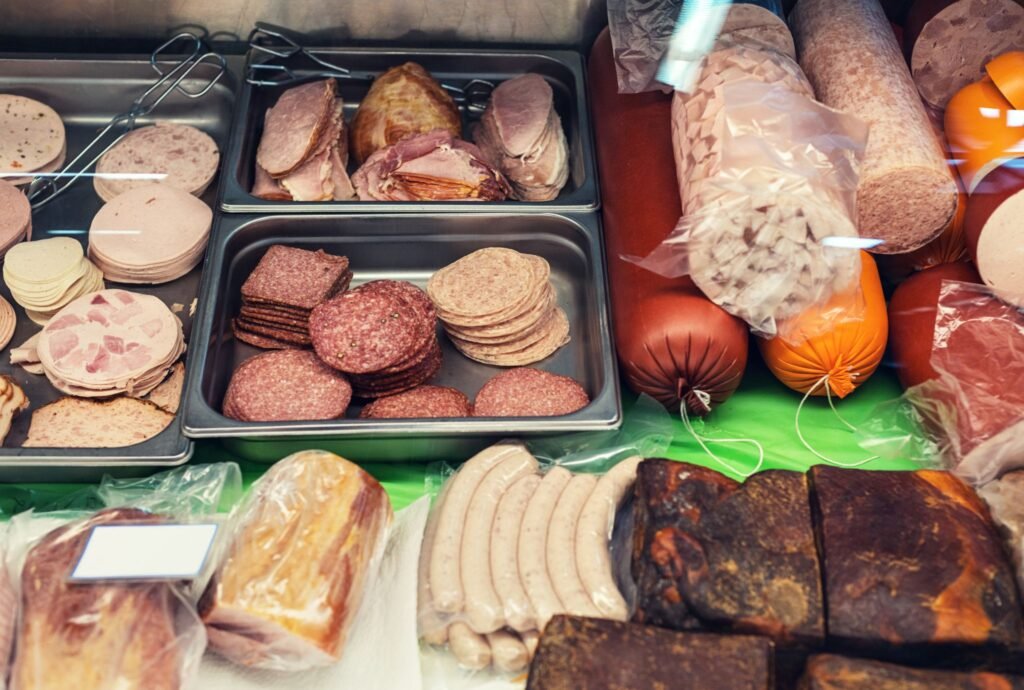We often consider food in relation to physical health, but its impact on mental health is equally significant. While certain foods and drinks can be enjoyed occasionally without harm, regular consumption of specific items may exacerbate anxiety, depression, and other mental health concerns. Moderation is key to maintaining a balanced mental state.
Excessive Caffeine

While caffeine provides an energy boost, consuming it in large quantities can worsen anxiety and disrupt mental health. Over-caffeination increases cortisol levels, which can lead to stress, adrenal fatigue, and sleep problems. Licensed clinical psychologist Dr. Brittney Jones notes that consuming more than 250 milligrams of caffeine daily (roughly 2.5 cups of coffee) can heighten anxiety.
For those sensitive to caffeine, switching to alternatives like matcha may be beneficial. Matcha contains L-theanine, a compound that promotes calm alertness without the jitters associated with coffee.
Diet Soda

Diet soda may seem like a guilt-free indulgence, but its ingredients can negatively affect mental health. Dr. Jacques Jospitre, Jr., a board-certified psychiatrist, explains that many diet sodas contain phenylalanine, which can disrupt serotonin and dopamine production—essential neurotransmitters for regulating mood.
Artificial sweeteners like aspartame, often found in diet sodas, may act as neurotoxins, increasing cortisol levels and free radicals in the brain. Limiting consumption of diet soda can help safeguard mental well-being.
Alcohol

While alcohol is a common social lubricant, its effects on mental health are less celebratory. Danielle Tucci, a licensed professional counselor, highlights that alcohol is a depressant that can lead to mood swings, anxiety spikes, and “hangxiety,” the heightened cortisol state during hangover recovery.
Although moderate alcohol consumption may not significantly harm mental health, avoiding excessive drinking is advisable to prevent negative mood states and long-term mental health effects.
Highly Processed Foods

Ultra-processed foods can wreak havoc on mental health by altering gut bacteria, which play a crucial role in producing serotonin, the “happy hormone.” Clinical psychologist Aura De Los Santos shares how processed foods, like boxed pancake mixes, can lead to bloating, anxiety, and difficulty concentrating.
Licensed counselor Matt Glowiak adds that even seemingly healthier frozen meals contribute to gut inflammation, reducing serotonin production and triggering depressive symptoms. Opting for whole, unprocessed foods is a healthier alternative for mental well-being.
Sugary Foods and Candy

Excessive sugar consumption is linked to chronic inflammation, which can negatively affect mental health. Jason Phillips, a licensed clinical social worker, avoids sugary candies like candy corn and Tootsie Rolls, noting their impact on mood and inflammation.
A 2015 study in the American Journal of Clinical Nutrition found that refined carbohydrates, such as candy and sugary snacks, are associated with higher rates of depression. However, natural sugars found in fruits can have the opposite effect, as they are linked to reduced depressive symptoms.
A Balanced Approach to Mental Health
While these foods and drinks may negatively affect mental health when consumed excessively, they can still be enjoyed occasionally in moderation. Prioritize whole, unprocessed foods, and maintain a diet rich in fruits, vegetables, lean proteins, and healthy fats to support mental well-being. Always consult a healthcare professional for personalized advice on dietary choices and mental health management.



